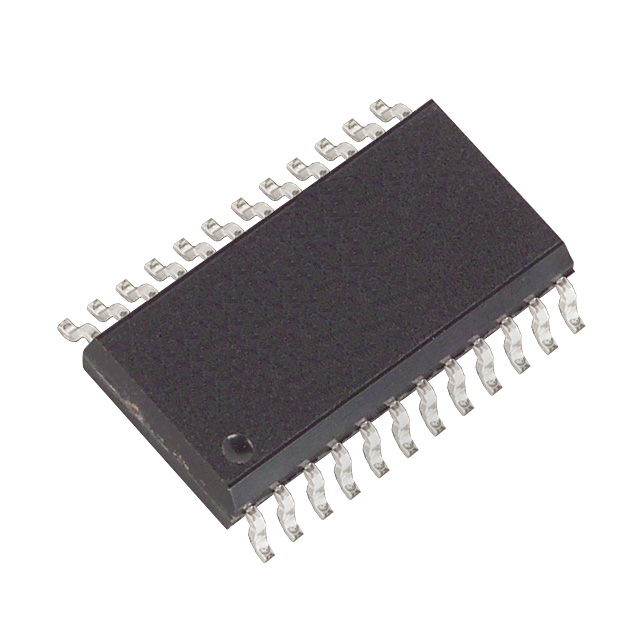MAX507BEWG
Manufacturer No:
MAX507BEWG
Manufacturer:
Description:
IC DAC 12BIT V-OUT 24SOIC
Datasheet:
Delivery:





Payment:




In Stock : 0
Please send RFQ , we will respond immediately.









MAX507BEWG Specifications
-
TypeParameter
-
Mounting TypeSurface Mount
-
Supplier Device Package24-SOIC
-
Package / Case24-SOIC (0.295", 7.50mm Width)
-
Operating Temperature-40°C ~ 85°C
-
ArchitectureR-2R
-
INL/DNL (LSB)±1 (Max), ±1 (Max)
-
Voltage - Supply, Digital11.4V ~ 15.75V
-
Voltage - Supply, Analog±11.4V ~ 15.75V
-
Reference TypeInternal
-
Data InterfaceParallel
-
Differential OutputNo
-
Output TypeVoltage - Buffered
-
Settling Time5µs
-
Number of D/A Converters1
-
Number of Bits12
-
DigiKey ProgrammableNot Verified
-
PackagingTube
-
Product StatusObsolete
-
Series-
The LC4128V-10T144I is a specific type of integrated circuit chip, known as a Complex Programmable Logic Device (CPLD). Here are some advantages and application scenarios of this chip:Advantages: 1. Versatility: The LC4128V-10T144I chip offers a high level of flexibility and programmability, allowing it to be used in a wide range of applications. 2. Integration: It integrates multiple logic functions into a single chip, reducing the need for additional components and simplifying the overall design. 3. Low power consumption: The chip is designed to operate with low power consumption, making it suitable for battery-powered devices or energy-efficient applications. 4. Fast operation: The LC4128V-10T144I chip provides fast logic processing and response times, enabling it to handle complex tasks efficiently.Application scenarios: 1. Embedded systems: The chip can be used in various embedded systems, such as industrial control systems, automotive electronics, or consumer electronics, to perform specific logic functions. 2. Communication systems: It can be utilized in communication systems for tasks like protocol conversion, data routing, or signal processing. 3. Test and measurement equipment: The chip can be integrated into test and measurement equipment to implement custom logic functions or signal conditioning. 4. Robotics and automation: It can be employed in robotics and automation systems to control and coordinate various components and sensors. 5. Medical devices: The chip can be used in medical devices for tasks like data acquisition, signal processing, or control functions.These are just a few examples, and the actual application scenarios may vary depending on the specific requirements and design considerations.
MAX507BEWG Relevant information







